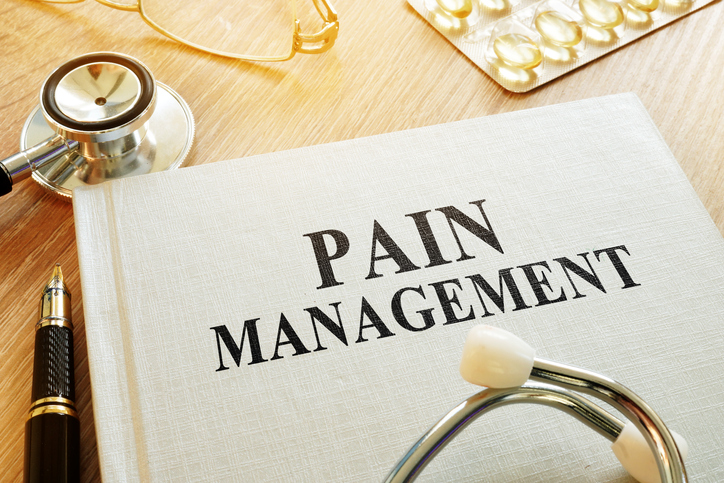Living with Chronic Pain
Tips for Getting the Most out of a Doctor’s Appointment
Source: National Institute on Aging: National Institutes of Health, Harvard Health, Cleveland Clinic

4 people found this helpful
Print
Share
Save
Medical appointments can be short and rushed due to issues such as overscheduling, insurance guidelines, etc. Unfortunately, questions may go unanswered, problems may not be resolved, or instructions may not be fully understood.
The following tips can help maximize the time spent with your doctor and also reduce potential frustration during your appointment.
Prior to appointment
- Identify questions and concerns. Prior to your appointment, prioritize and list any questions or concerns. Making a list (with the most important issues listed first) helps reduce the risk of forgetting critical concerns during a stressful appointment. As time allows, other questions or concerns can be discussed.
- Note current medications. Make a current list of all medications, including both prescription and over-the-counter. Vitamins or supplements should also be noted. Write down the exact name, dosage and schedule of the medication. Taking all medication, vitamin or supplement bottles in a resealable bag to your appointment can help avoid any confusion as to dosages or specific types of medications.
- Arrive early. Arrive 15 to 20 minutes prior to your scheduled appointment time. This not only prevents stress due to rushing, but also allows time for completing necessary paperwork. It can also increase the amount of time spent with the doctor.
During appointment
- Share symptoms and other health concerns. Slight insomnia or minor heartburn may not seem like a big issue; however, these details give the doctor insight about your overall health. Be specific about all symptoms to obtain an accurate diagnosis and make informed treatment decisions.
- Be honest. Instead of saying what you think the doctor wants to hear, be honest. It is especially important to be honest about lifestyle choices such as cigarette smoking, alcohol use, dietary choices, and physical activity.
- Address concerns. Be polite but truthful if the appointment is not going smoothly. Let the doctor know if you feel rushed, uncomfortable or worried. A second appointment may need to be scheduled to address additional concerns.
- Take notes. Writing down the doctor’s recommendations makes them easier to remember. Some doctors may be comfortable with you recording an audio of the appointment for future reference, but be sure to ask permission (depending on the laws in your area).
- Ask questions. Be sure to advocate for your health. Don’t be afraid to be assertive and ask any questions as they arise.
Before leaving appointment
- Ask for additional resources. If you would like to learn more about a condition or treatment option, ask for additional information, such as health websites, brochures, nonprofit organizations, or other resources that can help. Information is power.
- Request a recap. Ask the doctor to recap any specific orders, such additional testing, medication changes, or follow-up appointments. Write this down to ensure you are on the same page as your physician.
- Get contact information. Ask who to contact if additional questions or concerns arise. Make sure to get the contact’s name, phone number, e-mail, etc. Most medical groups have online health portals that provide detailed information.

















